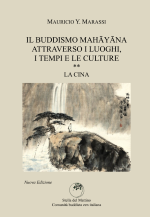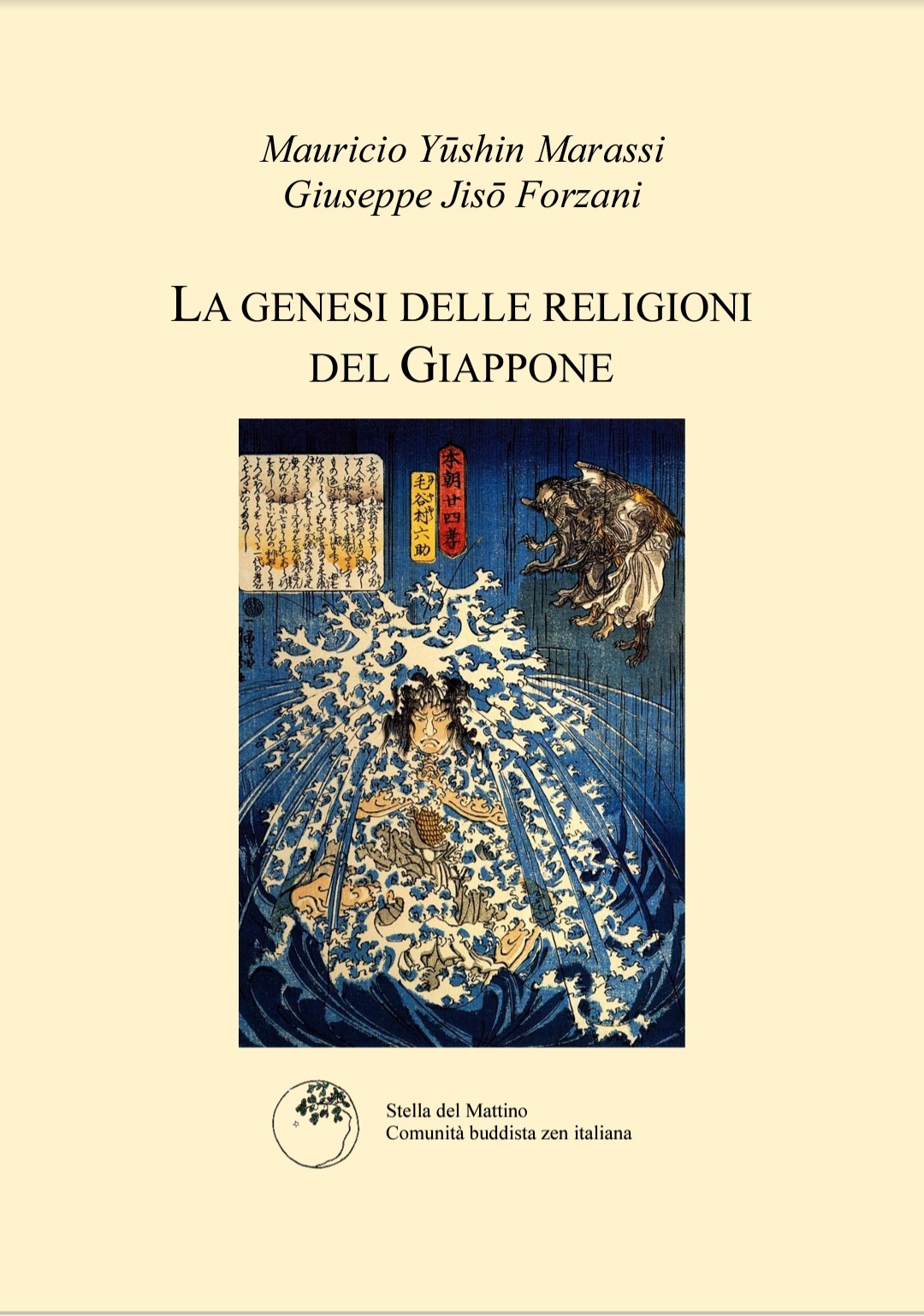The most “unlikely” thing in the current issue of this column of ours is the author of the text we can read here below. It is Edgar Allan Poe. Often – or, nearly always – misunderstood and underestimated as a writer of horror stories, Poe was in fact one of the greatest scientific minds in the 19th (and 20th, and 21st…) century. Among the many philosophers and scientists he used to quote, the one who probably influenced him most was the one he never mentioned: Spinoza. The excerpt is taken from the last pages of his essay “Eureka”, written in 1848, an unbelievably deep insight into the origins and end of Universe.
At least 70 years before Einstein and more recent theories such as quantum Physics or Stephen Hawking’s, Poe in a serene take-it-for-granted attitude already dealt with:
– the relatively small size of our galaxy,
– the insurmountable limits of the visible universe,
– although certain events may happen at more than light speed,
– the behaviour of atomic particles after colliding,
– thought itself as an interaction among particles,
– the Big Bang and the Big Crunch,
– without duly omitting that “space and duration are one”,
– matter being the same as energy (action),
– the complexity of natural laws, where also singularities are involved,
– black holes and the so-called dark matter,
– a binary relationship between our Sun and some hidden star,
– the immense voids across Space,
– the existence of many non-linked universes at once, moreover ruled by different laws,
– mutuality in natural processes, i.e. reciprocity between cause and effect,
– the solar phenomena as the (N.B.) main reason for the changes in the climate of Earth,
– etc. etc.
– along with anticipating Paul Feyerabend’s position against method in Science.In the following lines, we can enjoy his ultimate trip.
“Attraction and repulsion being undeniably the sole properties by which matter is manifested to mind, we are justified in assuming that matter exists only as attraction and repulsion. In other words, that attraction and repulsion ARE matter… Now the very definition of attraction implies particularity: the existence of parts, particles or atoms; for we define it as the tendency of each atom etc. to every other atom etc. according to a certain law. Of course where there are no parts, where there is absolute unity, where the tendency to oneness is satisfied, there can be no attraction… When, on fulfilment of its purposes, matter shall have returned into its original condition of One… it will then (to speak paradoxically for the moment) be matter without attraction and without repulsion; in other words, matter without matter; in other words, again, matter no more. In sinking into unity, it will sink at once into that nothingness which, to all finite perception, unity must be — into that material nihility from which alone we can conceive it to have been evoked — to have been created by the volition of God. I repeat then: Let us endeavor to comprehend that the final globe of globes will instantaneously disappear, and that God will remain all in all”.
Yeah, God – as saint Paul maintained – will be “all in all”. But only in the very instant when all disappears.
Se volete, lasciate un commento.
You must be logged in to post a comment.







